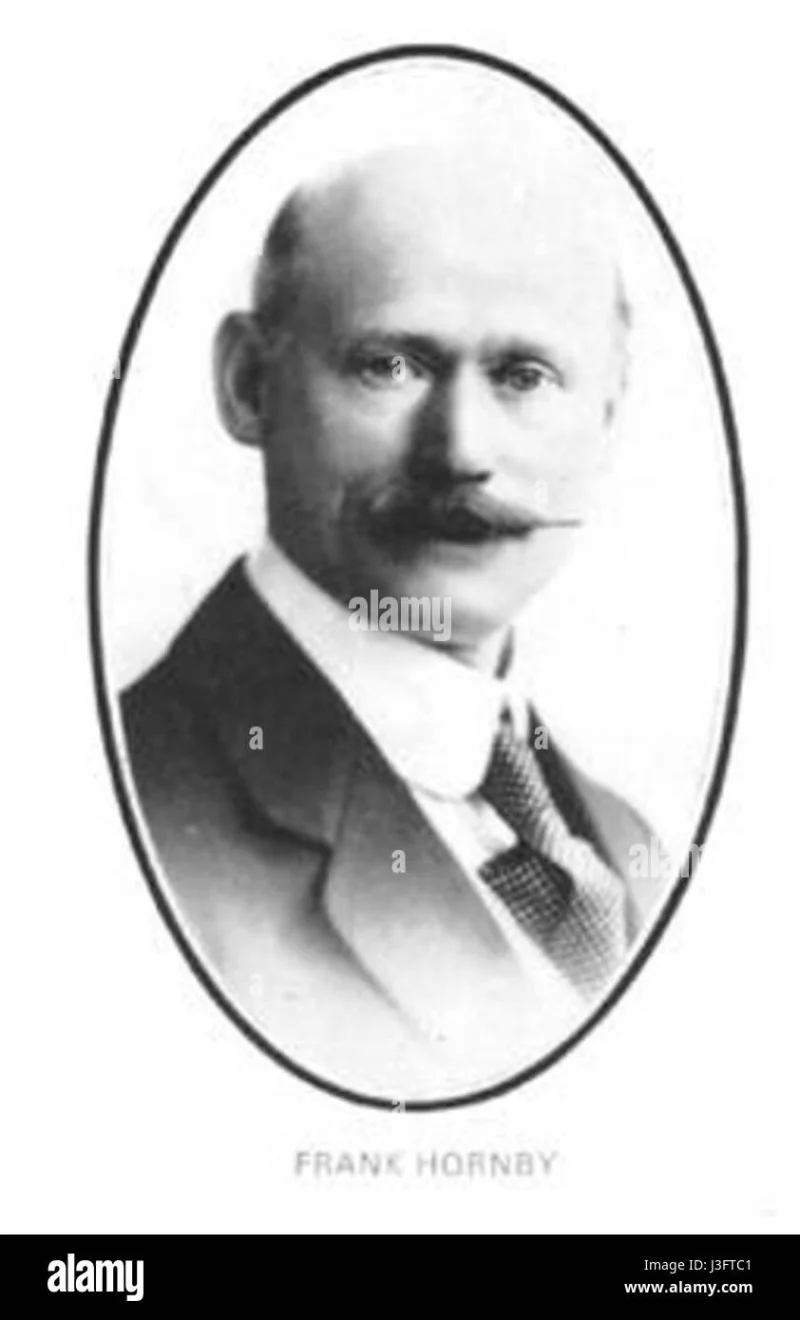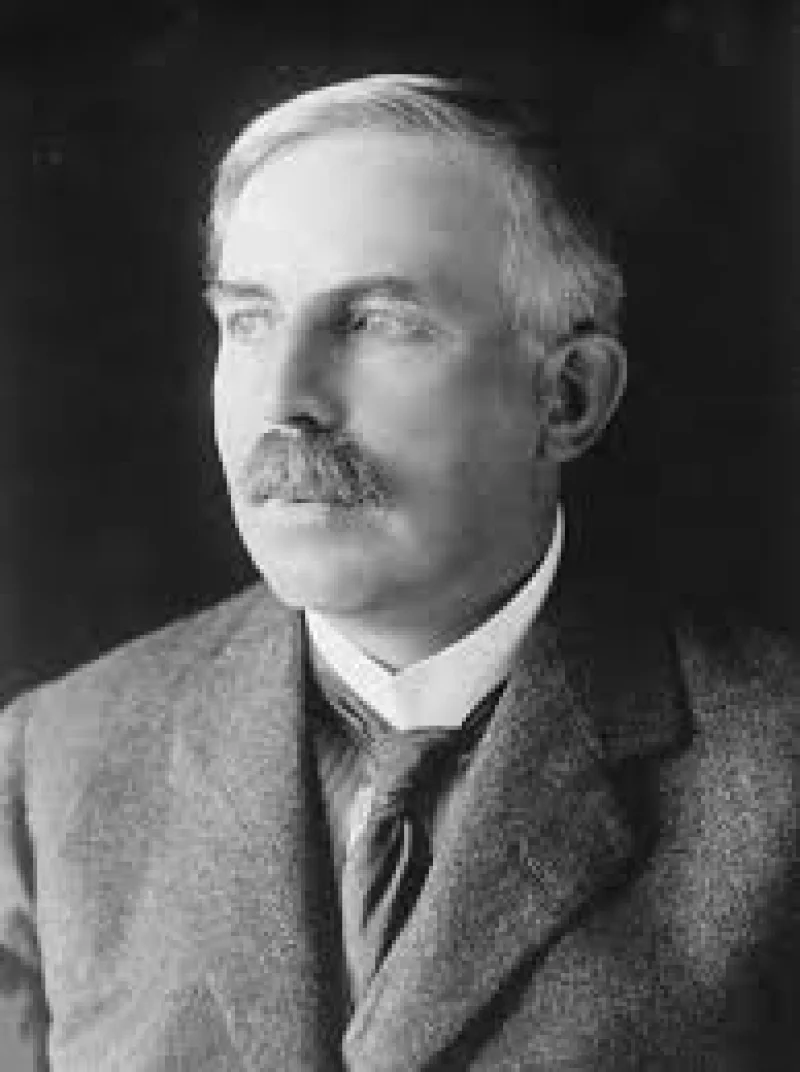Short Summary
Howard Florey was a pioneering Australian pharmacologist and pathologist who played a crucial role in the development and mass production of penicillin. His work on penicillin revolutionized medicine by introducing a powerful antibiotic capable of treating various bacterial infections, saving countless lives. Florey’s contributions to science earned him a joint Nobel Prize in Physiology or Medicine in 1945, shared with Sir Alexander Fleming and Ernst Boris Chain.
Early Life & Education
Howard Walter Florey was born on September 24, 1898, in Adelaide, South Australia. He was the youngest of five children in his family. His father was a shoe manufacturer, and his mother was a former schoolteacher. Florey's early education took place at St. Peter's College, Adelaide, where his academic talents were evident. He pursued higher education at the University of Adelaide, earning a degree in medicine. He later attended the University of Oxford as a Rhodes Scholar, where he studied under prominent scientists, deepening his interest in medical research.
Career Highlights
Florey embarked on a career that combined research and academia, initially working at Cambridge University and then at the University of Sheffield. His major breakthrough came while he was at Oxford University, where he collaborated with Ernst Boris Chain to isolate and purify penicillin. This work laid the foundation for the drug's mass production during World War II. Florey's efforts in establishing clinical trials demonstrated penicillin's potential to treat bacterial infections, which was pivotal in its eventual widespread use. He served as President of the Royal Society from 1960 to 1965, further cementing his influence in scientific circles.
Major Achievements
- Joint Nobel Prize in Physiology or Medicine in 1945 for the development of penicillin.
- Successful mass production and application of penicillin during World War II, significantly reducing military and civilian casualties.
- President of the Royal Society from 1960 to 1965, contributing to the advancement of scientific research and policy.
Famous Quotes
- "Penicillin sat on the shelf for ten years while I was called a quack."
- "A scientist should be the happiest of men."
Interesting Facts
- Florey was a Rhodes Scholar, which enabled him to study at Oxford University.
- He was instrumental in the establishment of the Australian National University’s John Curtin School of Medical Research.
- Florey had a practical approach to science, focusing on the application of research to improve human health.
Legacy / Influence
Howard Florey's work on penicillin has left an indelible mark on the field of medicine, transforming the treatment of bacterial infections and leading to the development of modern antibiotics. His pioneering research set the stage for countless innovations in pharmaceutical science, ultimately changing the landscape of healthcare and saving millions of lives worldwide. Florey is celebrated as a key figure in the history of medical science.
FAQ
Q: Why is this person famous?
A: He is renowned for his role in the development and mass production of penicillin, which revolutionized medicine.
Q: What major award did he receive?
A: He received the Nobel Prize in Physiology or Medicine in 1945.
Q: Where did he conduct his seminal research?
A: He conducted his research at the University of Oxford.












